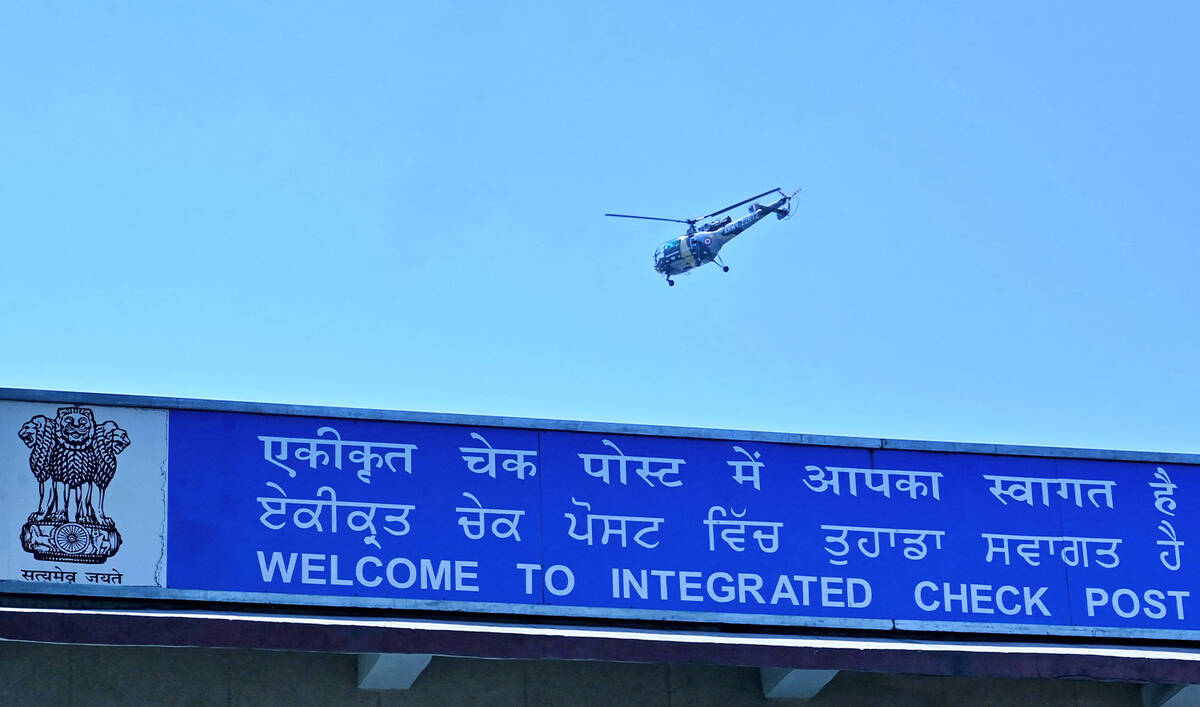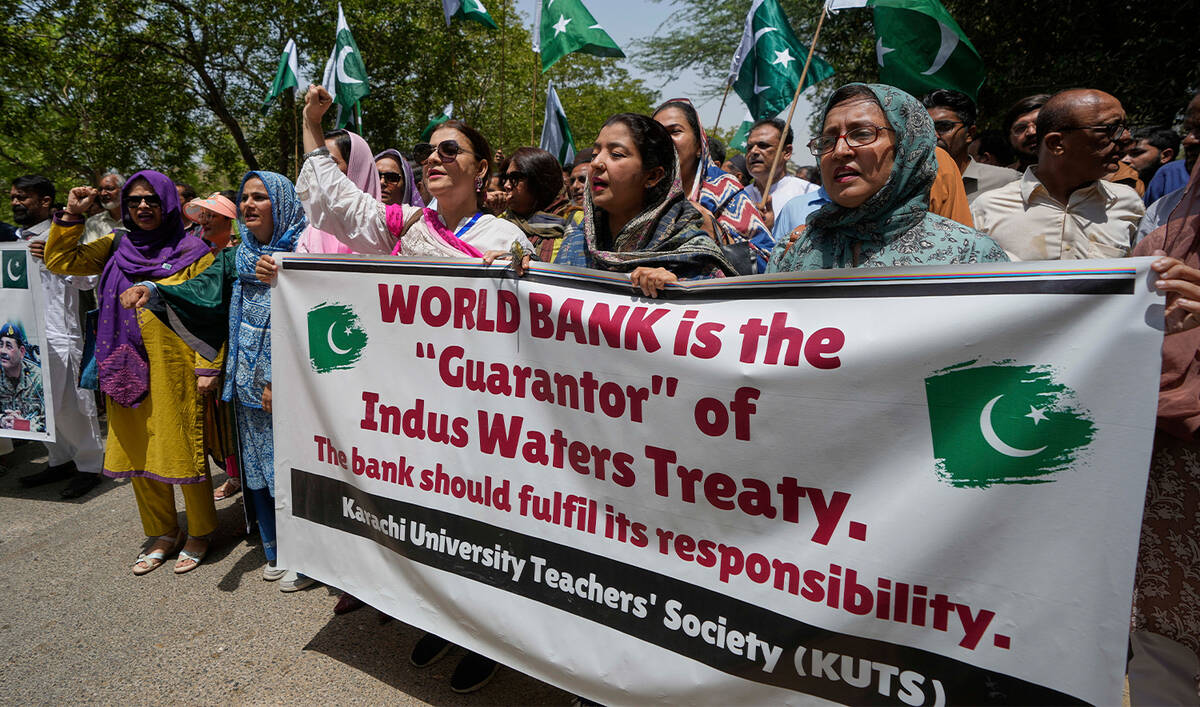ISLAMABAD: Pakistan aims to boost its date palm exports beyond the current $50 million per annum with the help of the United Arab Emirates (UAE), Pakistan’s envoy to Abu Dhabi said on Monday.
Ambassador Faisal Niaz Tirmizi was recognized by the UAE for his outstanding contributions to date palm cultivation and production alongside Pakistani scientist Dr. Ghulam Sarwar Markhand, who won the prestigious “Influential Figure” award at the 17th Khalifa International Awards for Date Palm and Agricultural Innovation in Abu Dhabi on April 16. The event, under the patronage of UAE Vice President Sheikh Mansour bin Zayed Al-Nahyan, honored global leaders in agricultural innovation.
During the awards, Pakistan and the UAE signed a memorandum of understanding (MoU) for the second Pakistan International Date Palm Festival 2025 that will take place in the South Asian country later this year and marks a new chapter in agricultural cooperation between the two nations, according to the Pakistani mission in the UAE.
Ambassador Tirmizi told Arab News that Pakistan’s annual date production, which normally ranged between 500,000 and 600,000 metric tons, was expected to reach 800,000 metric tons this year.
“Pakistan currently exports 125,000 metric tons of dates, valued at nearly $50 million, with dry dates worth $35 million exported mainly to the UAE, while other destinations include Germany, the UK [United Kingdom], and Turkiye,” he said.
“Since the UAE market is a global re-export hub, it offers great opportunities for Pakistani agro-based products, including dates, to expand trade through different initiatives and marketing strategies.”
Pakistan produces large quantities of dates in Khairpur district of its southern Sindh province, and in Turbat and Panjgur districts of the southwestern Balochistan province. The export of these dates helps the country earn substantial revenue.
Dr. Markhand, who established a Date Palm Research Institute as a professor at Shah Abdul Latif University in Khairpur in collaboration with Pakistan’s Higher Education Commission, said he was excited to see three decades of his hard work earn global recognition at the Abu Dhabi awards.

Pakistani scientist Dr. Ghulam Sarwar Markhand, receives “Influential Figure” award at the 17th Khalifa International Award for Date Palm and Agricultural Innovation in Abu Dhabi, UAE, April 16, 2024. (Courtesy: Pakistan Mission/UAE)
“We worked on various aspects of date palm research, with major achievements including the micropropagation and tissue culture of date palms using inflorescence explants, a rarely used method,” he said, describing the details of his work.
The scientist said no one ever succeeded globally in producing female plants through this technique, but he successfully propagated several thousand plants, established a nursery, and distributed those plants among growers.
“These plants are now fruiting well, marking a major breakthrough in date palm tissue culture,” he said.
Dr. Markhand said Pakistan, in collaboration with the UAE, could benefit greatly in further developing the sector and increasing its exports.
At the Abu Dhabi awards, the UAE recognized Ambassador Tirmizi’s key role in facilitating high-level exchanges between government officials, private sector leaders and experts that created new avenues for bilateral cooperation in the field of date palm production.
“These efforts have led to the signing of several important MoUs aimed at boosting bilateral trade, enhancing agricultural exports, and promoting joint ventures in agri-tech, food security, and sustainable farming solutions,” the Pakistani diplomat said.
The Pakistani mission actively worked with Abu Dhabi’s Khalifa Award management to help set up processing plants in key areas and boost Pakistan’s value-added date chain, according to Tirmizi.
“Since dates are used in various ways in domestic, industrial applications and value-added product manufacturing, the UAE’s potential investment in establishing processing plants would increase the shelf life of dates, maximize high-quality date product output, benefit farmers with additional income, and generate local employment opportunities in Pakistan’s agriculture sector,” he shared




















